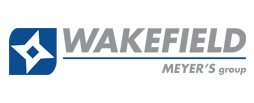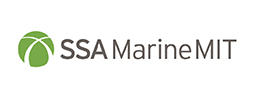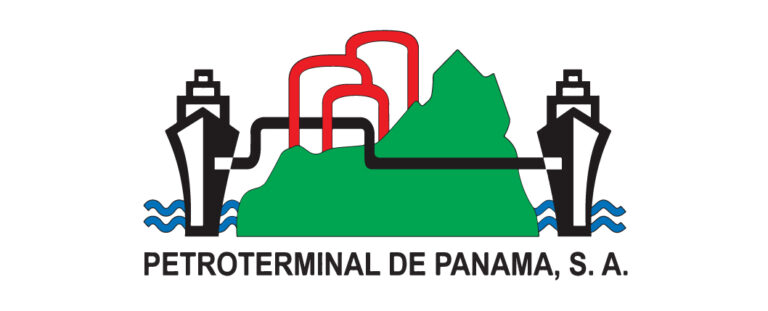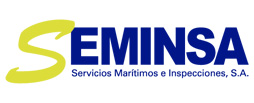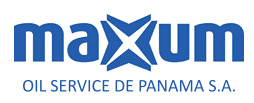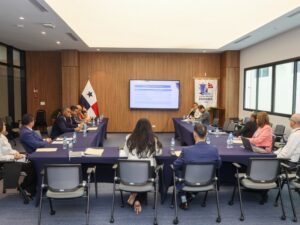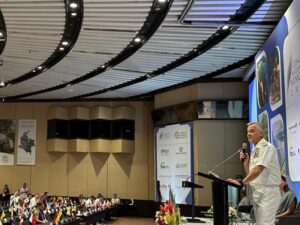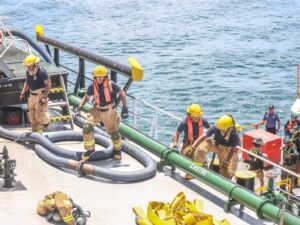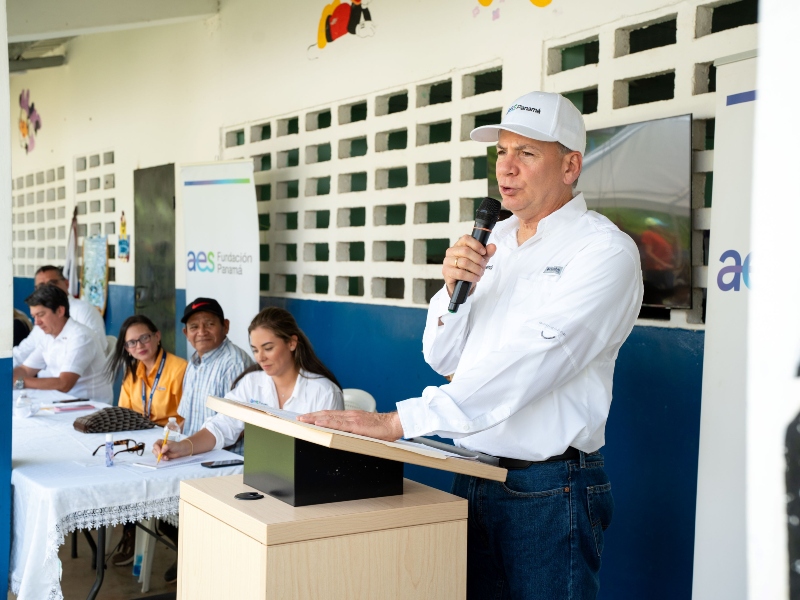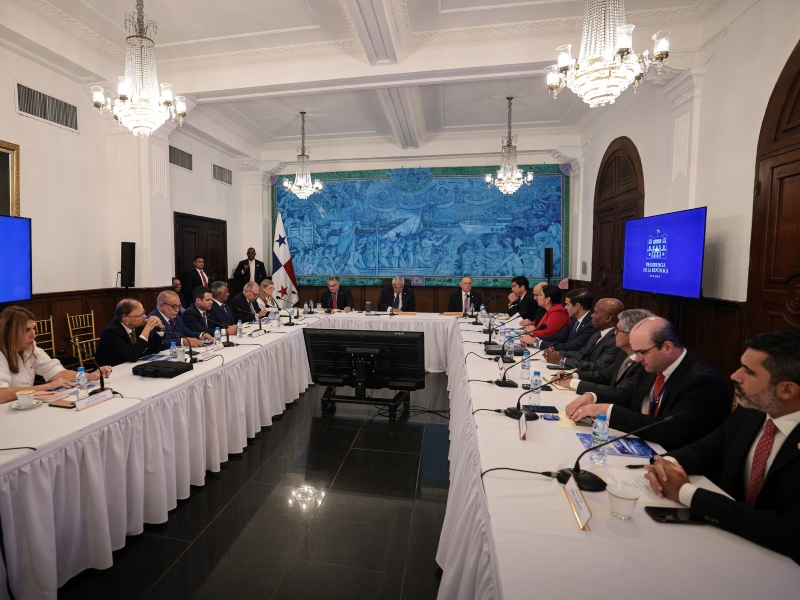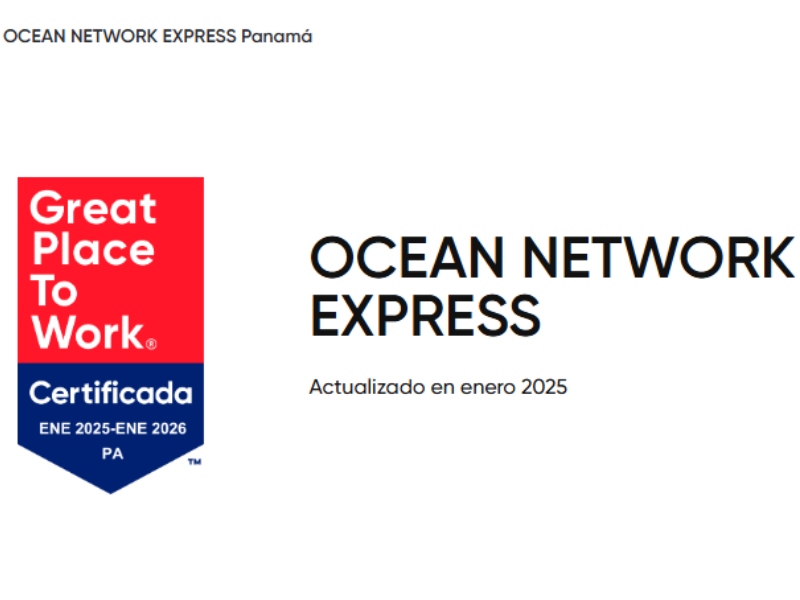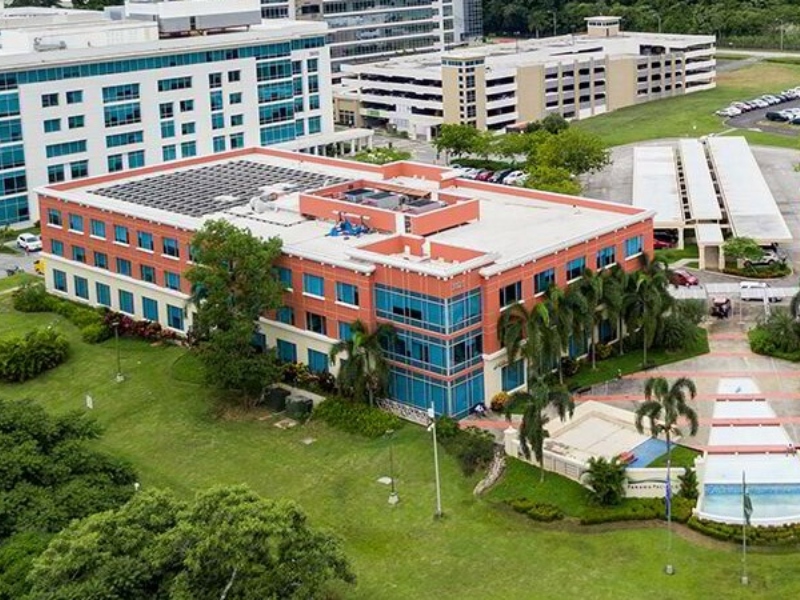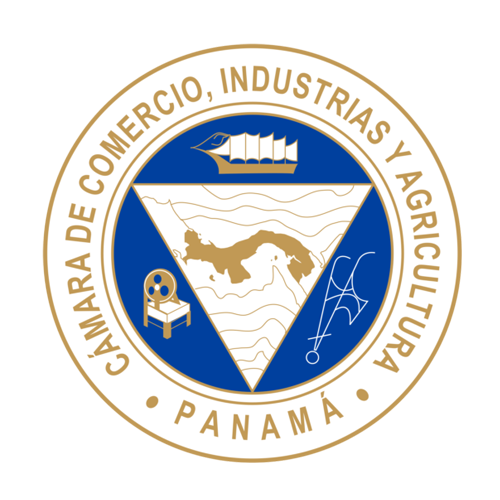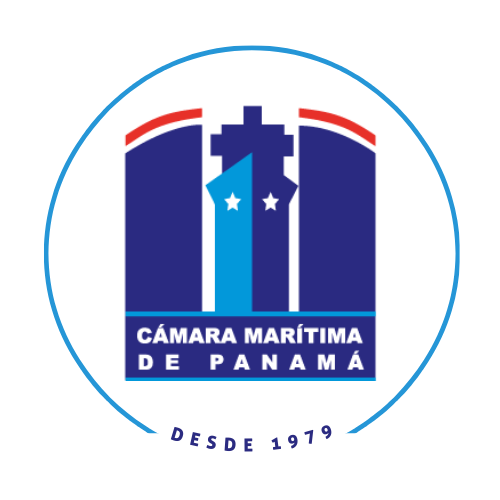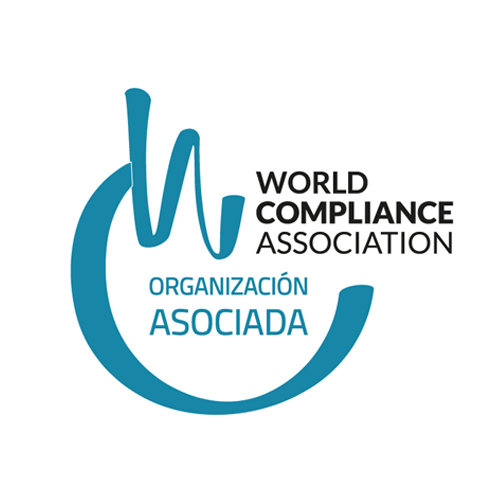Source: Port of Valencia
The Port of Valencia is hosting the meeting of the International Association of Waterborne Transport Infrastructure Working Group PIANC WG211 which is taking place until today in the Clock Building. More than 20 world experts, including port administrations, engineering firms, construction companies and manufacturers of port infrastructure defences, are taking part in the meeting.
The PIANC team brings together specialists in port infrastructure security systems to update the list of suggestions for the design of these mechanisms. The institution is responsible for providing technical advice for maritime transport infrastructure and organising events that connect the international shipping and river transport community.
The head of infrastructures of the Port Authority of Valencia (PAV), Marcelo Burgos, explained to the PIANC representatives the characteristics of the three ports managed by the PAV: Valencia, Sagunto and Gandia. The representative of Valenciaport explained to the technicians of the working group the draughts, quay lengths, tides and wave heights of the three areas. He also accompanied the delegation on a visit to the Port of Valencia to see the defences of the port area.
This organisation is organised into four technical commissions that cover the different areas of work for the industry. On this occasion, the WG211 working group meeting in Valencia will be in charge of researching and analysing marine defence and safety systems in our city, a critical component, as they absorb the energy of ships during berthing and mooring. The meeting will be attended by authorities from different parts of the world, such as Rotterdam, London, Germany and Norway, among many others.
Valenciaport and PIANC at the forefront of maritime transport
The World Association for Waterborne Transport Infrastructure (PIANC) is a pioneering organisation in this field, as it has been adapting to contemporary requirements in matters related to maritime and river transport infrastructure such as sustainable development, climate change, the need to work with nature and digitalisation since 1885. In addition, since 1985 it has been publishing recommendations on the design of fender systems together with test and test methods.
The PAV has demonstrated its commitment to all the issues with which this institution is concerned and proof of this are the constant actions it takes to incorporate alternative energies, adapt facilities and meet the objectives set out in Agenda 2030.
![]()






